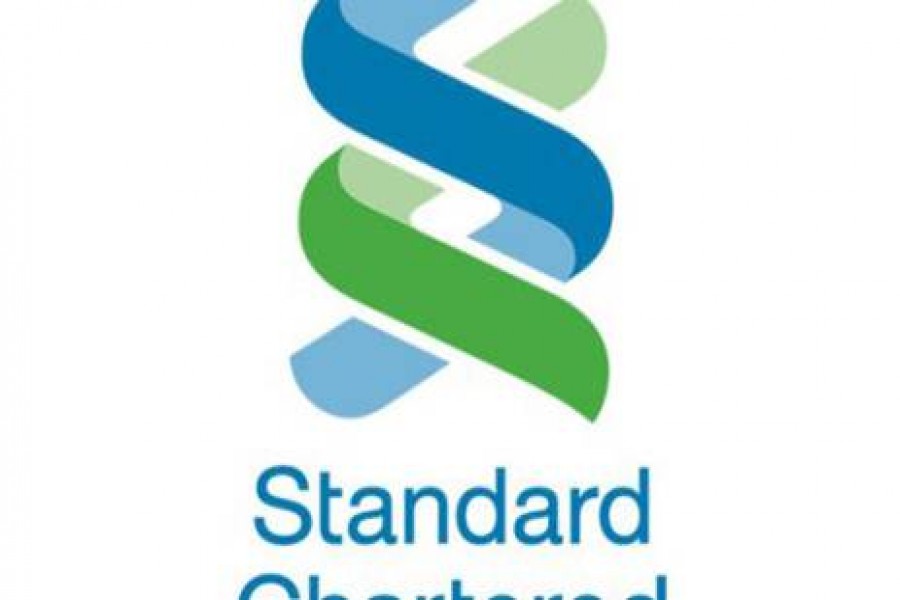Standard Chartered Bank, Bangladesh provided scholarships to 78 top students of Department of Development Studies and Department of Economics of Dhaka University.
Shitangshu Kumar Sur Chowdhury, Advisor, Bangladesh Bank attended the event as the chief guest.
Professor Dr. Sadeka Halim, Dean, Faculty of Social Sciences, University of Dhaka, presided over the ceremony. Representing Standard Chartered Bank, Bangladesh was Naser Ezaz Bijoy, Chief Executive Officer and Bitopi Das Chowdhury, Head of Corporate Affairs, Brand & Marketing.
A total of 58 students from Department of Economics and 20 from Department of Development Studies were awarded the “Governor Scholarship”.
Till date, there have been a total of 673 awards under the Governor Scholarship.
Addressing the students, Shitangshu Kumar Sur Chowdhury, Advisor, Bangladesh Bank said, “I have been involved with the Governor Scholarship since it started 11 years ago, it is very close to my heart. Dhaka University is one of the best educational institutions in Bangladesh, with some of the best faculty members, campus facilities and resources – if you can make good use of these, aided by this scholarship, I am sure you will all go a very long way.”
Naser Ezaz Bijoy, Chief Executive Officer, Standard Chartered Bangladesh added, “There are many building blocks for success in your lives. It is important to have a positive attitude so that you can tackle adversity with resilience, to continue to invest in yourself so that you are future-ready and possess the skills required to thrive in a fast-changing world. But the most important thing is to have the personal integrity to be a “good human being” – that is the greatest yardstick of success.”
Standard Chartered Bank has been providing scholarships to students of Dhaka University's Department of Development Studies and Economics Department since 2009, based on both merit and need. This scholarship was named ‘Governor Scholarship’ to recognize the contribution of the Central Bank Governor in policy formulation and economic development of the country.
Education is one of the key sustainability pillars of the Bank. The bank has worked with a number of educational institutions in delivering technical skills-based courses, financial education and IT literacy to fringe communities and raising environmental awareness. It has also been working with the broader communities through various initiatives to promote entrepreneurship, women’s empowerment, health, environmental priorities and economic empowerment projects for the underprivileged.
-rmc//


